Who is a makeup artist and what does he do?
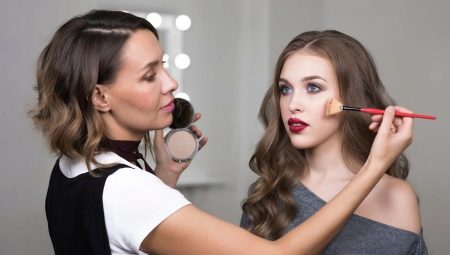
Those who want to connect their lives with the world of cosmetology and beauty need to figure out who a make-up artist is, what he does on a professional level. If you have an idea about these moments, then you can already wonder how to become one, where is it better to get professional training and how much such a specialist earns. Well, closer to the end of the preparation, it is worth figuring out how to find a job without experience and how to gain this experience as soon as possible.
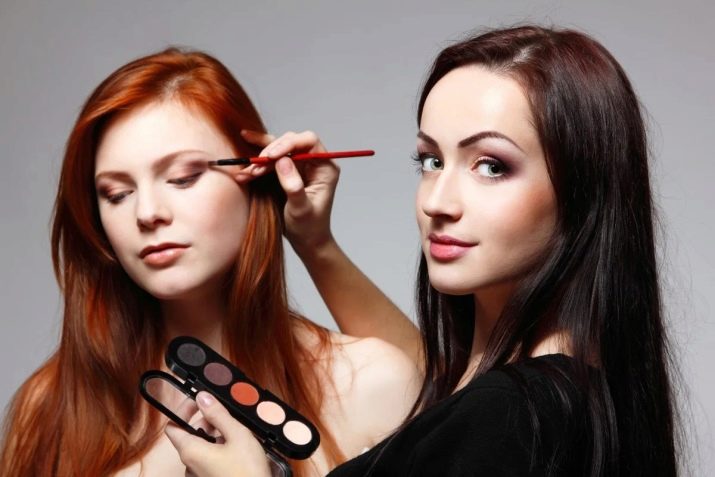
Description
Like many other professions, the activities of makeup artists can be characterized with reference to the meaning of the word. In the same way as the welder cooks and the director gives orders, the makeup artist is responsible for the makeup, and not just for applying it, but for creating a beautiful and cohesive look. Inside, several professional niches are distinguished at once, which will definitely be discussed. A good specialist skillfully uses not only decorative, but also cosmetic types of makeup. However, he has no right to intrude further into the field of cosmetology, even as a consultant.
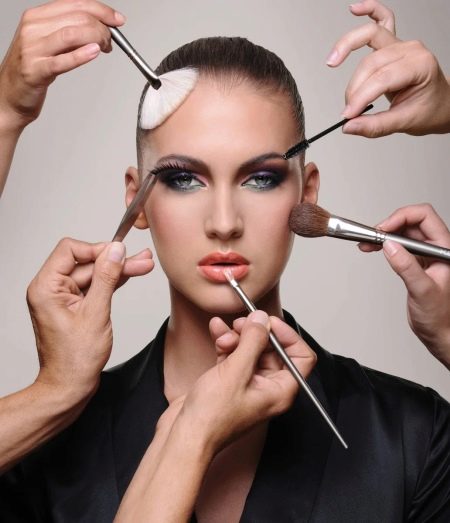
It is worth noting that more and more men appear in these positions, and they do their job at least as well as lovely ladies. After all, the main thing here is not some organic signs, but the readiness to acquire knowledge, accuracy and responsibility. A high-class make-up artist is engaged in the formation of a make-up image, adjusted for its specific purpose:
- for weddings;
- for business events;
- for press conferences;
- for negotiations with officials;
- for personal holidays;
- for adjustments;
- for the purpose of rejuvenation;
- when organizing fashion shows;
- for theatrical performances and filming.
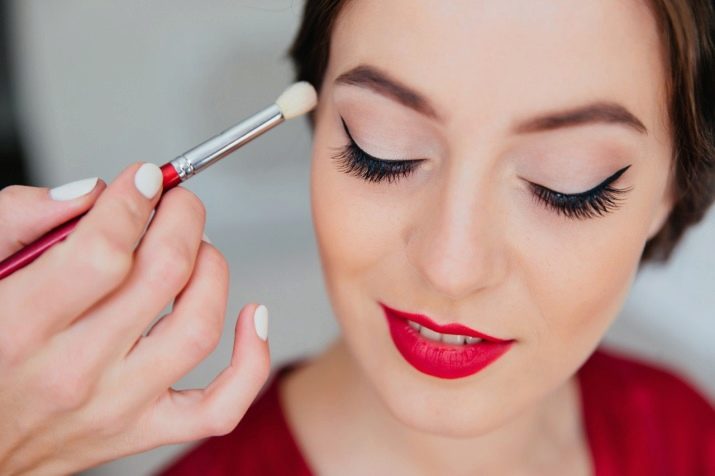
Advantages and disadvantages
Make-up artists themselves note that their activities are creative. This can be interpreted in two ways: on the one hand, as an opportunity to prove oneself, on the other, as an increased responsibility. (there are no clear standards, but the cost of an error is very high). The level of wages is definitely higher than the average in the economy - however, you will have to prove yourself and present yourself from the optimal side. Since there are different specializations, you can easily develop professionally in any chosen direction and even switch between them. However, at the same time:
- you will have to put up with possible whims and customer dissatisfaction;
- sometimes you have to work in a tough time pressure mode;
- there is a high probability that the created image will not suit the clients (as well as directors, event organizers, creative directors or fashion designers);
- work is carried out mainly while standing;
- constant contact with various cosmetic preparations is inevitable (there is no place for allergy sufferers in the profession, in other words);
- you will have to forget about the normalized schedule - if the formation and refinement of the image is not finished, you cannot go home.
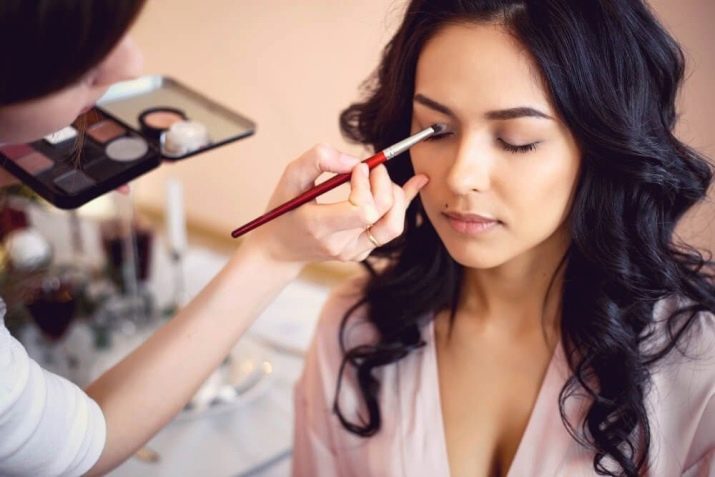
It should be understood that only a few achieve fame and success. For a newcomer, for example, getting into a "cool" salon is only slightly more likely than winning the presidential election.
Any prestigious institution holds on to its staff, knowing that it is to specific masters that they go many times more willingly than to "dark horses". In addition, the workload strongly depends on the season. It is also natural that in large cities the number of vacancies is higher, but the competition is also higher.
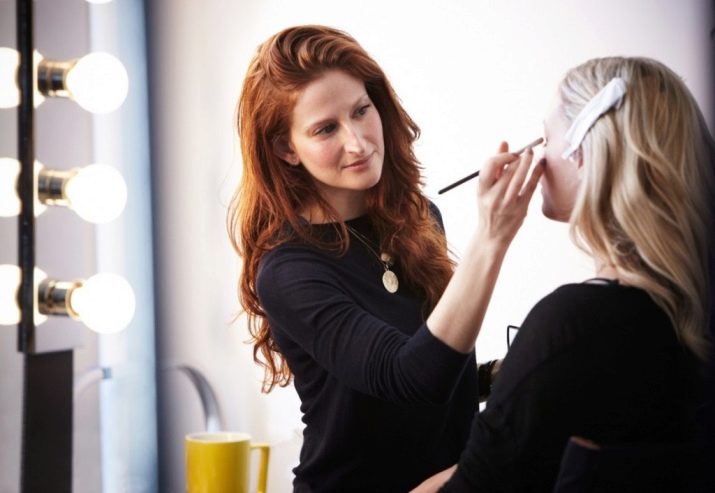
Varieties of profession
Make-up artist
In fact, this is still the same traditional make-up artist, and the scope of his duties is not much different from what it was 100 and 200 years ago. Such a professional, however, models the image not for performances or filming, but for acting out social roles. It is he who is often called when needed:
- look beautiful at a wedding;
- to conduct corporate or diplomatic negotiations with dignity;
- shine at a secular party or ball;
- in some other cases.
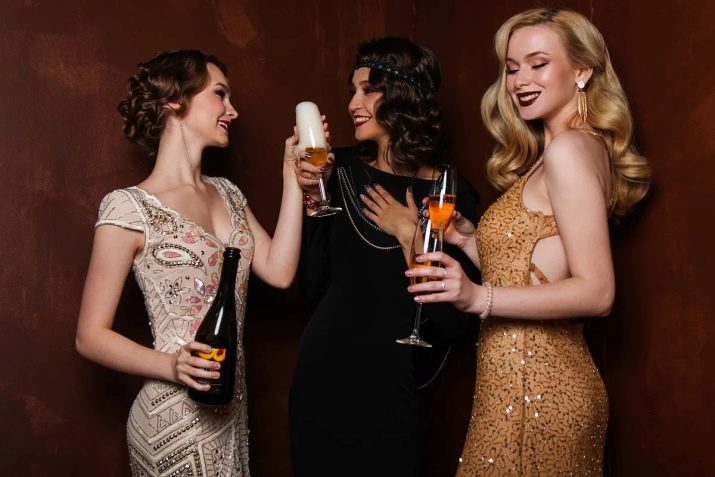
Consultant makeup artist
We are talking about a connoisseur of professional cosmetics (in the context of "how it forms certain images"). The need for such specialization is understandable - the number of drugs is already measured in hundreds and even thousands of names. On the other hand, the selection of funds for specific clients is also a real art. It is necessary to analyze both the appearance and perception under different lighting conditions, and skin types.
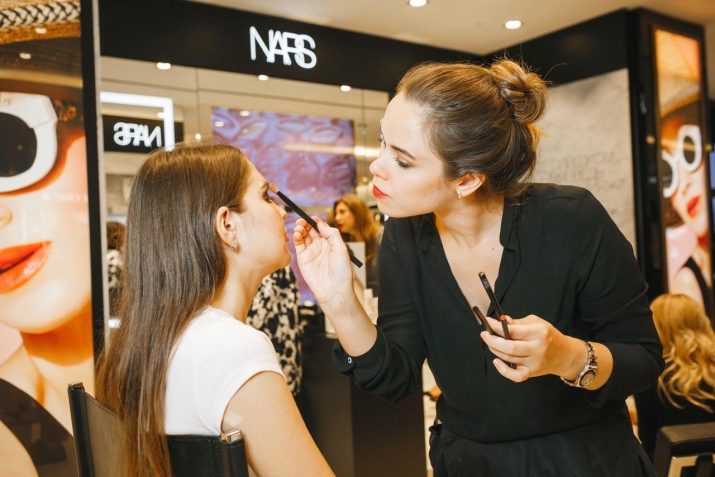
And different drugs can have side effects (allergy is only one of them), combined or not combined with each other, with certain clothes and shoes.
Master Makeup Artist
Most often it can be found in the modeling field. The main goal of the work is to create a complete image of the models. Everything is usually done alone, without consulting other people. The reason is obvious: it is almost impossible to fix the consequences of a mistakenly created image. A master make-up artist should be a little bit of a consultant, a little bit of a make-up artist and a little more a psychologist and a designer.
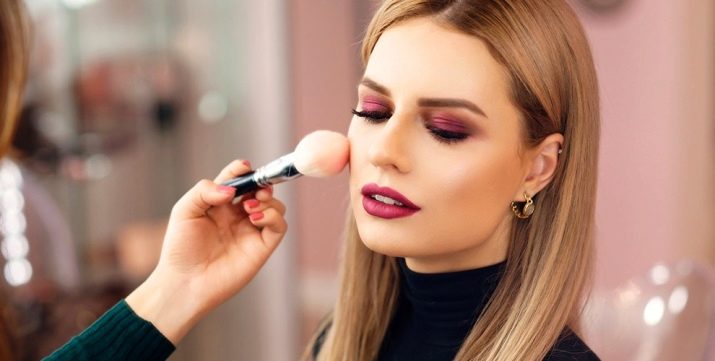
Theatrical makeup artist
Or, to put it more familiarly, a make-up artist. Here, the range of tasks is determined not so much by the management as by the topic of views and types of roles. Refined sad beauties and aggressive villains, enthusiastic frivolous people and hardened cynics - all these and many other images should be immediately read in makeup. The nationality of the characters, the director's concept, and the established images of the actors are taken into account.
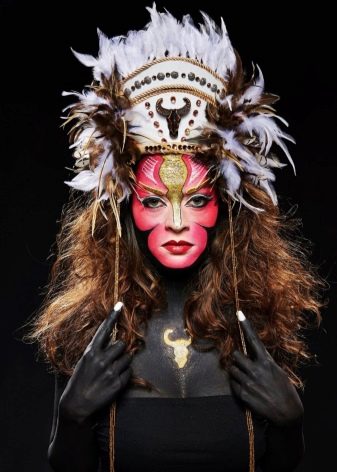
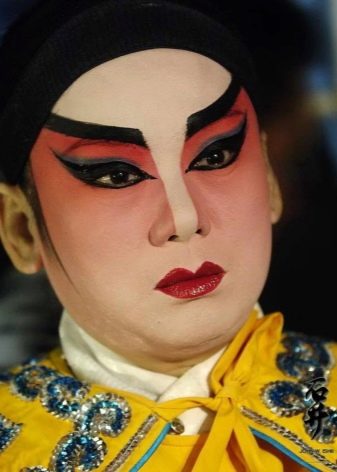
Interestingly, it is no easier for a make-up artist to recreate a realistic image of a really existing historical person than to demonstrate the character and personality type of a fictional character. All described moments, of course, also apply to cinematography.
Creative
Already by the name itself, it is clear that we are talking about creating an image that is externally unique, unlike other images. Truly creative make-up always coexists with clothing and hair. Therefore, in both, you will also have to figure it out properly. Creative makeup artists aren't afraid to experiment, and their clients are just as brave.
Basically, they serve public people who have no time and effort to independently select their visual concept.
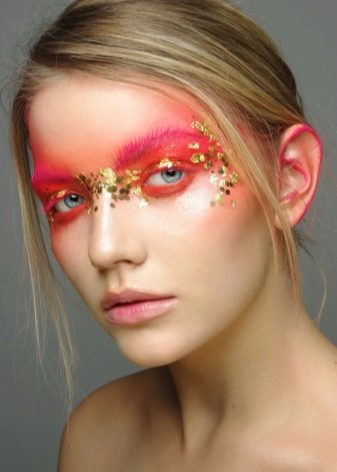
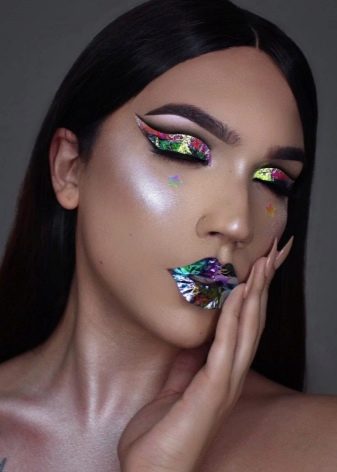
Other
We are talking about specialization in:
- everyday;
- festive;
- mourning;
- weekend;
- business;
- sports;
- east;
- winter, summer or spring;
- lifting;
- permanent makeup.
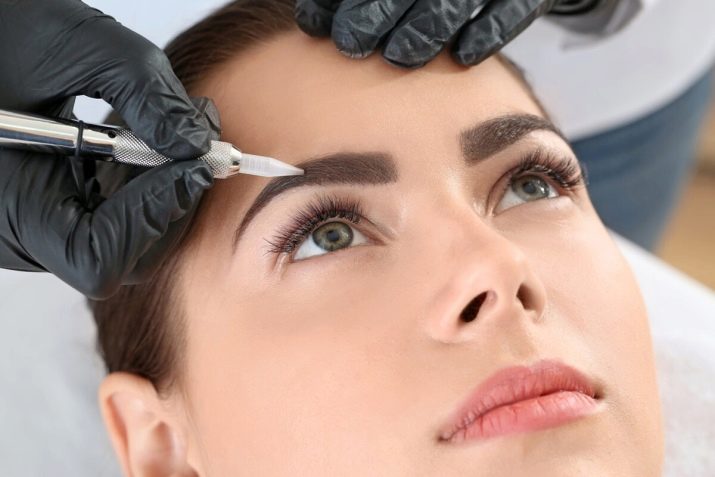
What should I know and have?
A key requirement for any makeup artist, even just starting his professional career, is a portfolio. Without it, candidates for positions are not considered at all. The most important points directly in the profession are:
- understanding of makeup preparations and its types;
- knowledge of key brands and their assortment;
- the ability to recognize skin types and their characteristics;
- determination of color types of appearance;
- the ability to take into account age, professional, social and national nuances of images.
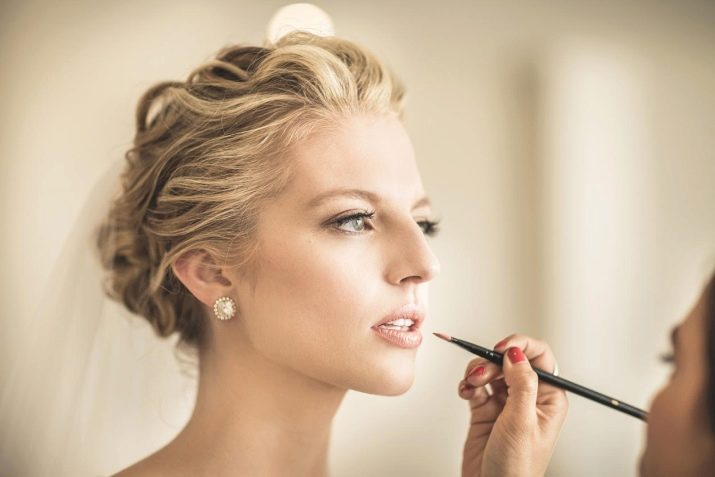
The workplace must be equipped with quality equipment. Even novice craftsmen are already required to have such a starter kit in their personal account:
- seat for clients;
- mirrors;
- high-quality lighting devices;
- bedside tables, tables, wardrobes and shelves for materials;
- a high chair for yourself;
- sofas and coffee tables (for relaxing and waiting in a comfortable environment).
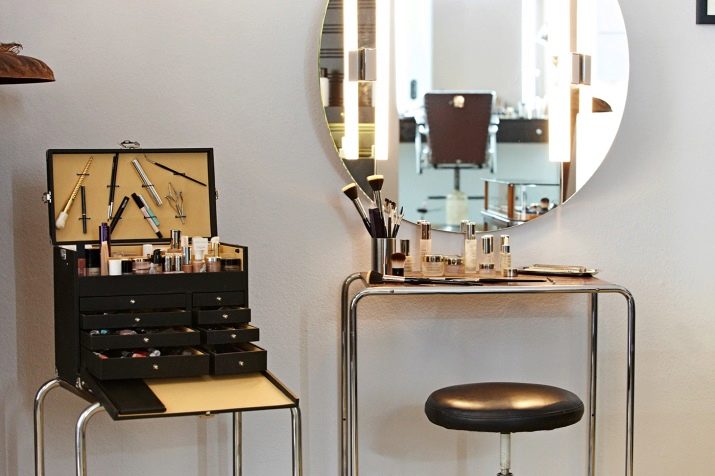
Additionally apply:
- pedicure spa complexes;
- hairdressing sinks;
- dryers;
- hairdressing carts;
- tables for manicure.
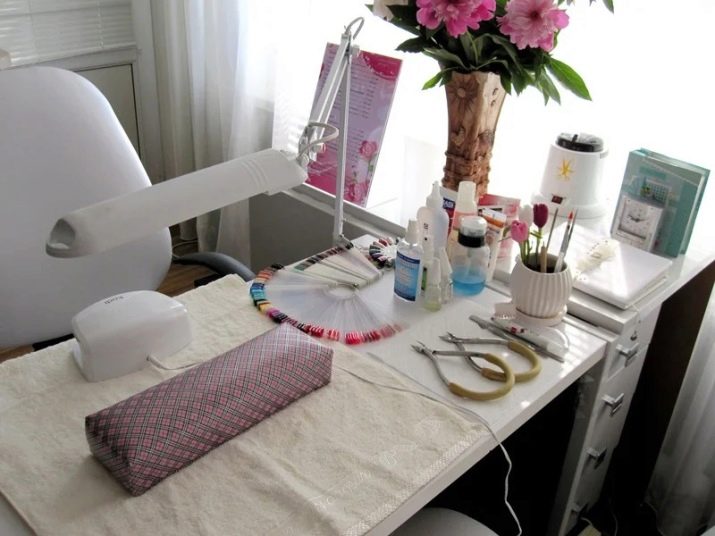
The basic set of makeup artist includes several brushes at once. Each of them is used strictly for solving its own problem. Such tools are needed:
- for powder and other loose substances;
- for the purpose of applying blush;
- for working with blush and structuring;
- for applying tone;
- for a proofreader;
- for eyebrows;
- for lipstick.
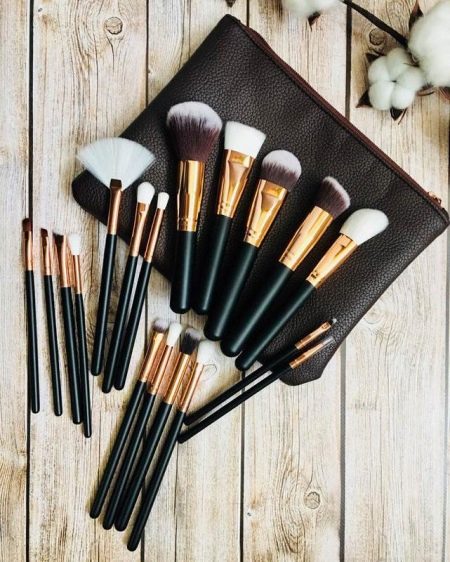
But make-up artists have to work not only in their offices. Quite often, they are sent to clients themselves. Therefore, it is almost impossible to do without backpacks and organizers. Dozens of companies in different countries are engaged in the professional manufacture of such devices, and it will not be difficult to choose the most suitable one. The differences between specific models are related to the volume, the number of compartments, the types of fasteners and the external color.
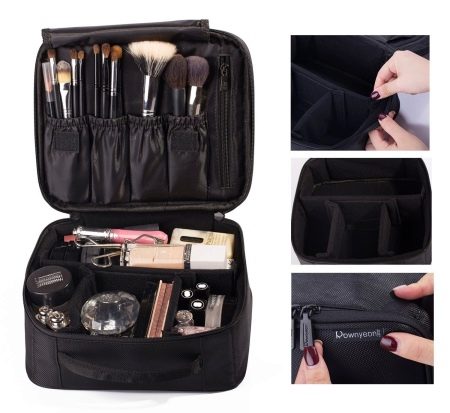
Getting started, you must also prepare a content business plan. It prescribes:
- do's and don'ts;
- how and where to look for clients;
- how to evaluate your work;
- how much time per day and per month you plan to work;
- work with flowers;
- current trends;
- most likely mistakes;
- nuances of preferred makeup techniques;
- other materials that are useful to post on your social networks.
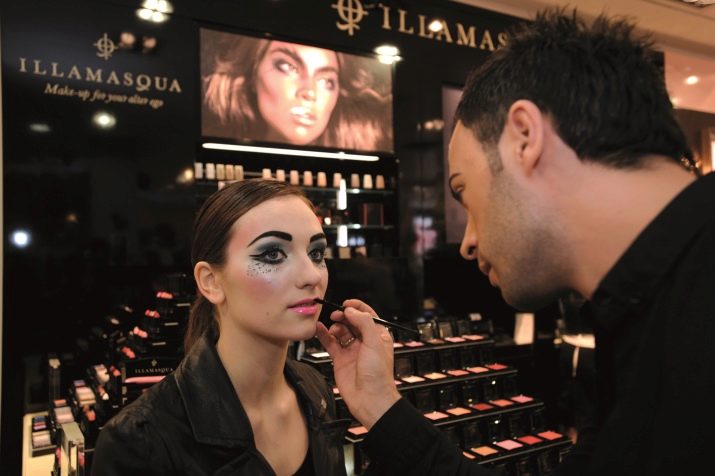
Job responsibilities
Typical guidelines include:
- preparation and elaboration of the image of clients;
- correction and visual improvement of facial contours;
- emphasizing individual elements of the appearance;
- taking into account the requirements and needs of customers;
- preparation of the makeup concept and its refinement based on customer requests;
- individual selection of cosmetics.
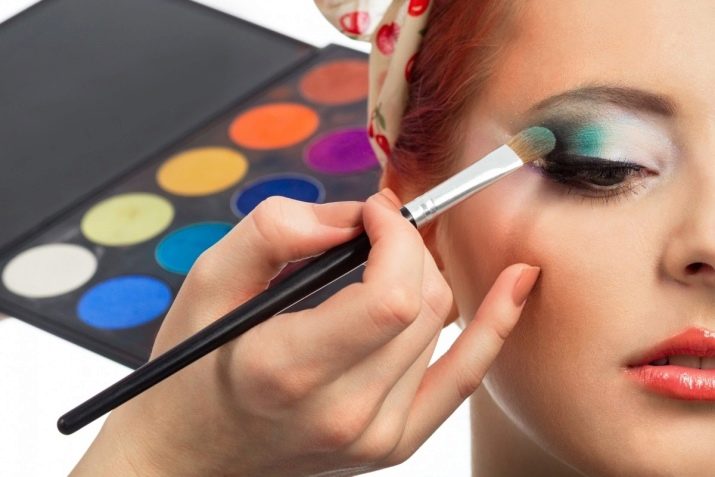
Rights
Makeup artists can:
- to find out all the orders of the management regarding their work and workplaces in a timely manner (as soon as these decisions are made);
- find out from their immediate supervisors and other persons in organizations everything that is needed to fulfill their official duties;
- notify managers of shortcomings in material support and organization of the make-up process;
- offer bosses various methods to improve their performance;
- to seek the execution of other rights enshrined in the labor code and local acts of the organization, sanitary rules and regulations.
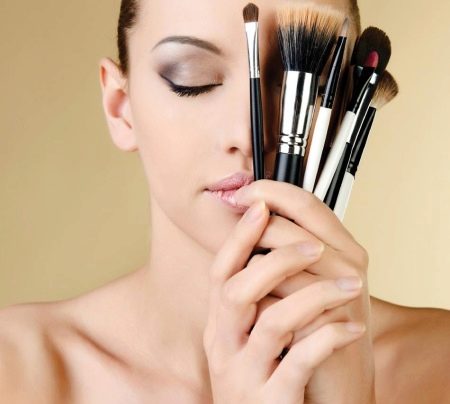
A responsibility
In any case, you will have to be responsible for:
- violation of the law;
- failure to comply with the orders of the management;
- hiding information about the quality and quantity of their work;
- violation of sanitary, fire safety standards;
- harm to customers and other people;
- material damage to the organization (employer).
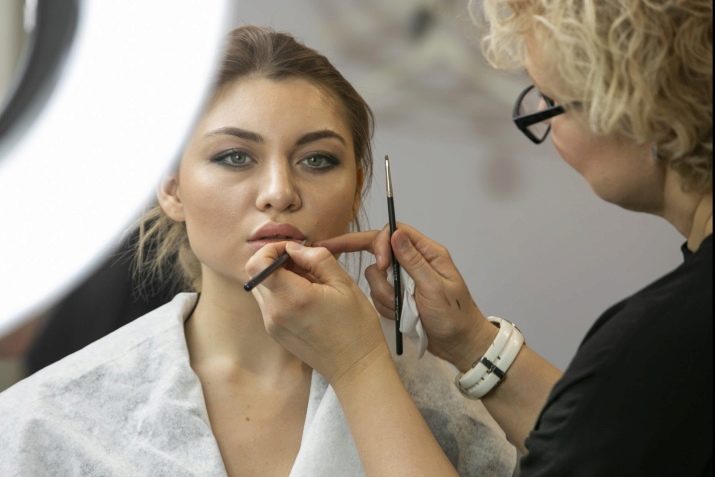
Personal qualities
The experts include in the list of necessary personality traits:
- developed aesthetic taste;
- eye gauge;
- endurance;
- lack of allergic reactions;
- excellent spatial thinking;
- sociability;
- resistance to stress;
- the ability to avoid scandals;
- delicate manners;
- impeccable taste in clothes;
- the ability to create a good personal image.
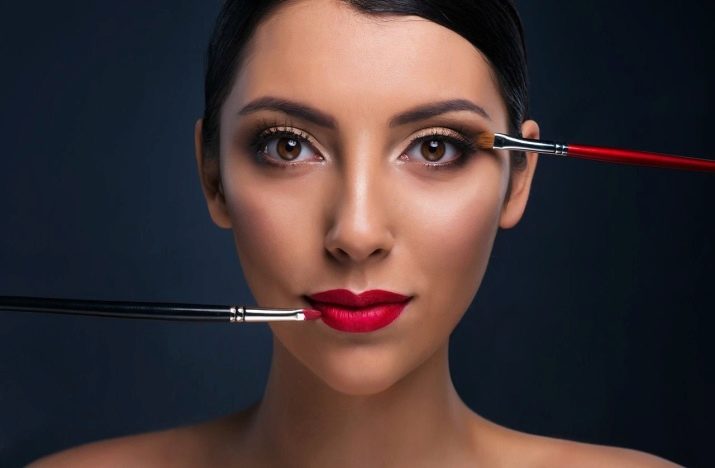
Education
It is quite possible to become a make-up artist even without special education - right after the 9th grade, quite a lot of people get this specialty. And although only a few of them became widely known, much more professional success has been achieved. There are no specialized higher educational institutions for this specialization, and therefore the question of which subjects to take is inappropriate. However, it is clear that those candidates who have a college or technical school diploma in aesthetic disciplines or in medicine, especially dermatology, are slightly more promising.
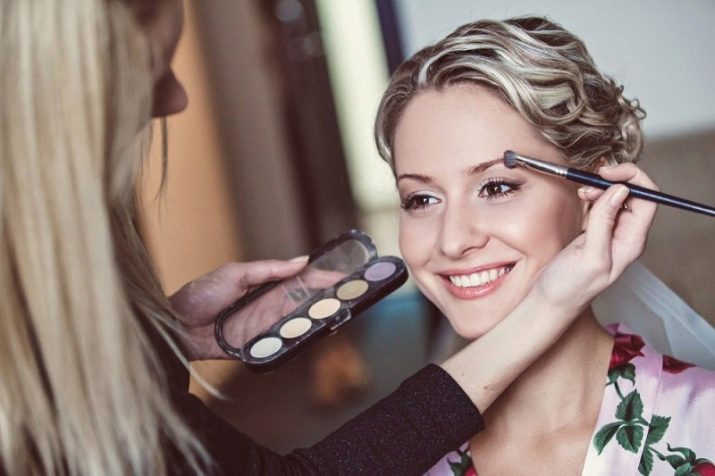
The overwhelming majority of masters do not even finish courses, but master the basics of the profession directly with the help of practicing specialists.
After a while, practicing specialists may need refresher courses. For those who change their profession, they are able to become, on the contrary, a springboard into the world of makeup. We are talking about training in the following areas:
- hairdressing;
- theatrical makeup;
- visage;
- stylist.

Place of work
In many materials, people with no experience are advised to look for places on television or at film studios. But there, as well as in the theater, many positions have already been taken. Therefore, you should not be afraid to contact beauty salons and similar institutions. Novice craftsmen often work "on a percentage basis." The more decisive and proactive ones immediately begin to work for themselves, but one must understand that this path is thorny and it is still better to use at least initially safer methods.
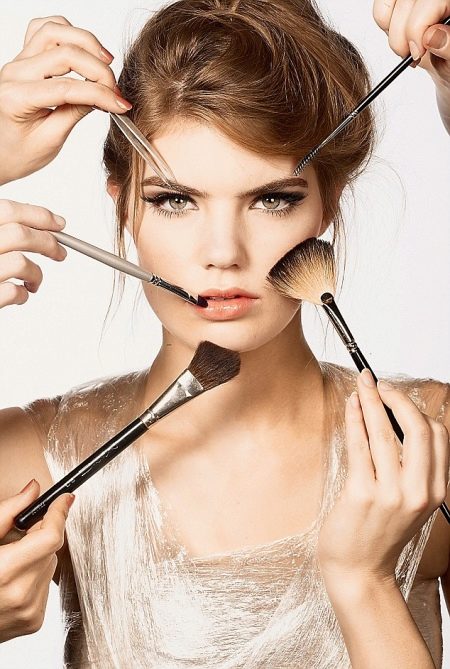
Career
As in other professions, progress depends on how good a professional you become. Even more, the principle “people bring people” in this area is relevant, how few elsewhere. The real challenge - both in salon work and in independent practice - will be finding clients for the first step. But one has only to find them, as gradually the rumor will do its job. From the very beginning, you need to understand that creative and original projects alone will not go far.
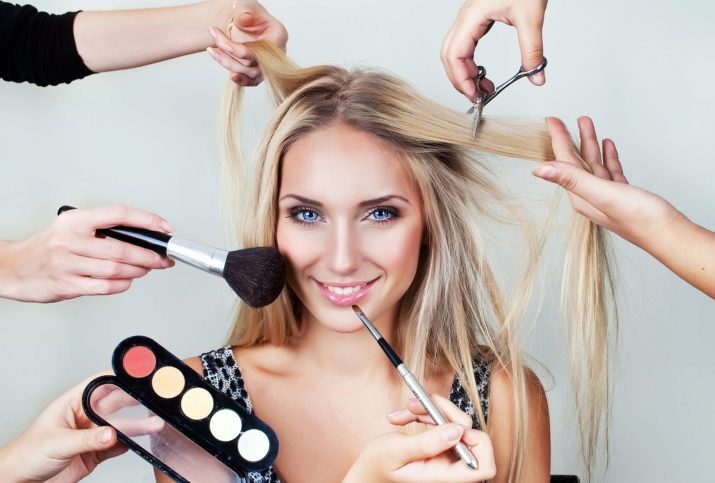
Make-up artists have to carry out routine work for many years before they untwist and make a name. By definition, there is no clear gradation of positions and unambiguous hierarchies. There are more and less well-known masters of make-up, differing in the size of the client circle. This will be the real measure of success, not formal regalia. Of course, even tough pros have to improve, learn new skills and methods of work constantly - otherwise, instead of success, stagnation will come, and then a lag, which will be even harder to catch up.
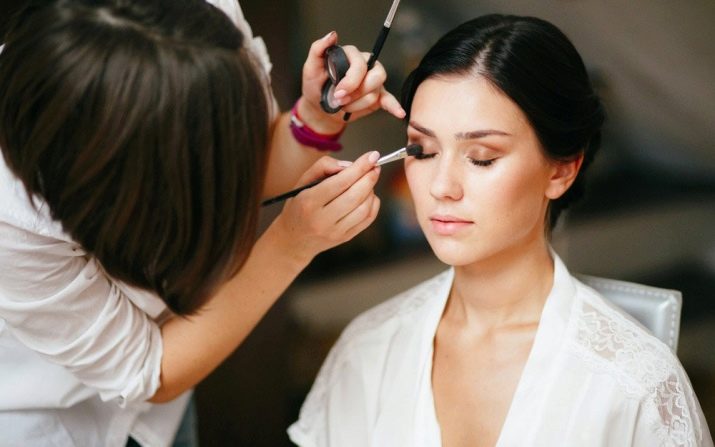
What salary?
It is impossible to say exactly how much a makeup artist earns a month in Russia. And it's not even about the difference between regions or between beginners and experienced craftsmen. Much more important is that each particular salon prescribes its own conditions. After a year of practice, you can count on an average of 20-25 thousand rubles. After working in visage for another 5-6 years, some masters increase their salaries 3-4 times.
The larger the firm, the higher the earnings usually. Some additional payment is made to those who are also able to cut the client's hair.It is unreasonable to count on a solid income, leaving for "free bread". Yes, you won't have to share with the salon, but all the costs are borne by the master himself. Plus, you will need to organize advertising - and at times you still put up with the lack of clientele.






